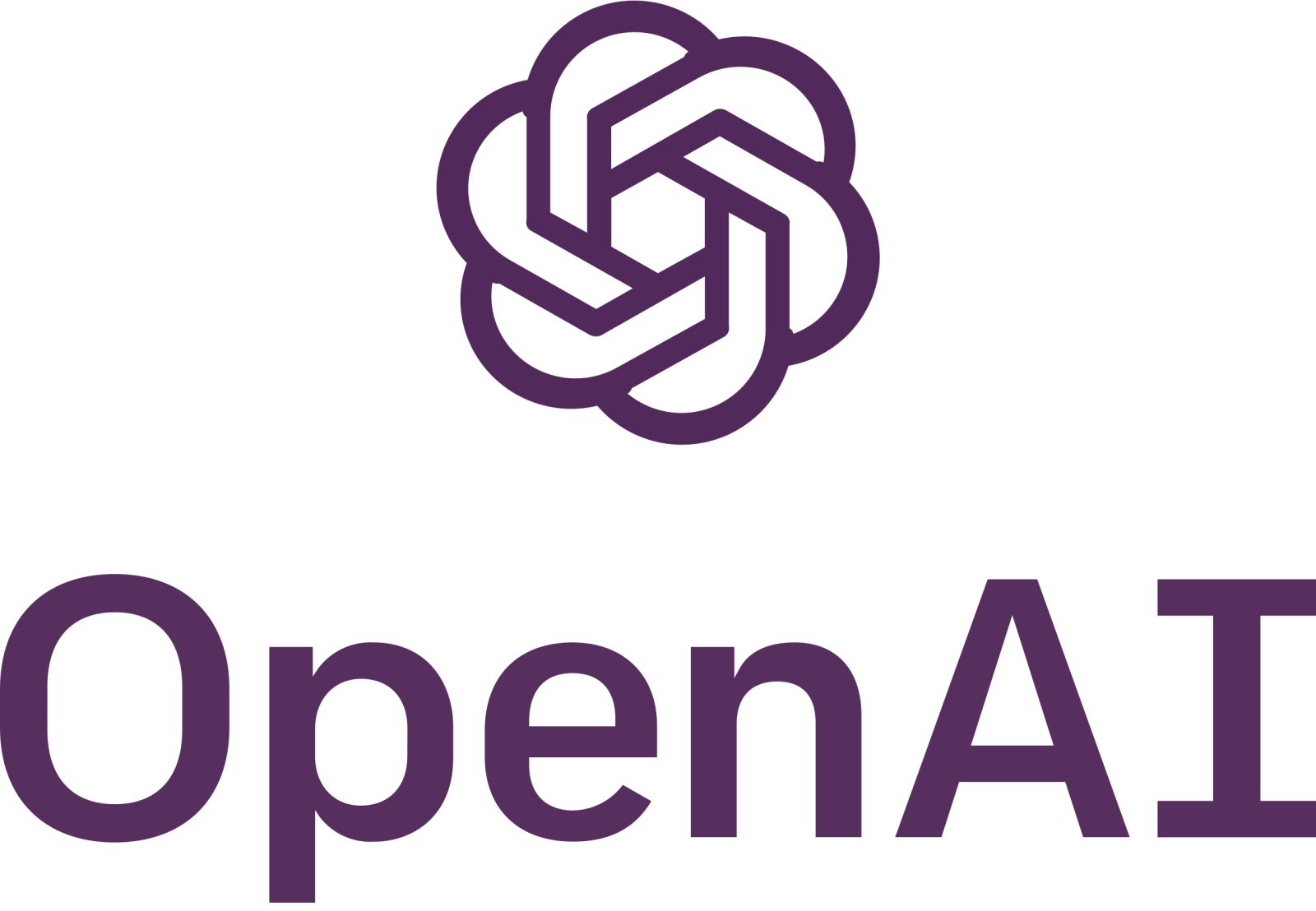Introduction
Teen safety and privacy in AI use are central concerns for OpenAI. The company has outlined three core principles guiding its decisions, balancing freedom, data protection, and the safeguarding of minors.
Context
As AI adoption grows, conversations with models become increasingly personal and sensitive. OpenAI recognizes the need for maximum confidentiality, especially for teen users.
Direct definition
OpenAI applies different rules for teens and adults, prioritizing teen safety over privacy and freedom.
The Three Principles: Privacy, Freedom, Safety
- Privacy: OpenAI protects users' personal information, treating AI conversations with the same confidentiality as doctor-patient exchanges. Exceptions apply only in cases of serious risk.
- Freedom: Adults can use AI with broad freedom within safety limits. The model adapts to requests, avoiding harmful content.
- Teen Safety: For minors, safety comes first. ChatGPT restricts sensitive content and, in cases of imminent risk, may involve parents or authorities.
Advanced Protection Systems
OpenAI is developing age-prediction systems and parental controls to distinguish between adult and teen users, ensuring specific rules and greater protection.
The Challenge: Balancing Principles
Balancing privacy, freedom, and safety is complex. OpenAI acknowledges these priorities may conflict but aims for transparency and dialogue with experts and policymakers.
Conclusion
OpenAI's choices mark a significant step toward safer, more responsible AI, especially for teens. Transparency and innovation in protection systems are central to its strategy.
FAQ
How does OpenAI protect teen users' privacy?
OpenAI applies specific rules and advanced systems to ensure minors' data confidentiality.
What are the exceptions to privacy in AI conversations?
Exceptions involve serious risks like threats to life or large-scale security incidents.
How does ChatGPT's age-prediction system work?
The system estimates age based on usage and defaults to under-18 rules if uncertain.
Why is teen safety prioritized over privacy?
OpenAI believes minors need greater protection when using powerful technologies like AI.
What restrictions apply to teens on ChatGPT?
ChatGPT limits sensitive content and may intervene in cases of imminent safety risk.
Do adults have more freedom using ChatGPT?
Yes, adults can access more features, always within safety boundaries.
How are risk situations for teens handled?
OpenAI may contact parents or authorities if imminent danger is detected for minors.
What is the role of parental controls?
Parental controls help monitor and protect teens' experience on ChatGPT.
